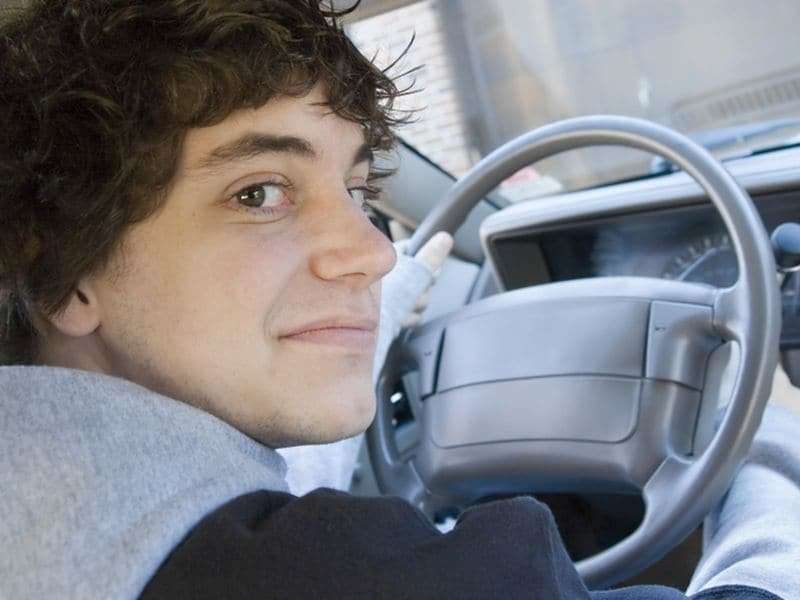More needs to be done to keep teen drivers safe, pediatricians say

(HealthDay)—Following years of decline, fatal car accidents involving teen drivers have accelerated in the United States, a leading group of U.S. pediatricians warns.
New research also reveals that teenage drivers are more likely to be involved in a serious or deadly crash than any other age group, notes the American Academy of Pediatrics.
The group has updated its 2006 policy statement on teen driving to focus on new threats facing inexperienced drivers.
"We all know how easy it is to become distracted while driving, particularly in the age of texting and technology," said statement author Dr. Elizabeth Alderman. "Parents can set a powerful example with their own driving habits, from using a seatbelt regularly to avoiding cellphone use or speeding."
The new policy statement followed a review of 2014-2016 national accident data.
"Every state has some form of graduated driver's licensing regulations, which have helped improve safety by limiting the number of passengers or restricting night-time driving," said statement co-author Dr. Brian Johnston. "Yet more can be done. One step that could make a difference is for communities to more consistently enforce laws on seat belts and use of cellphones while driving," he said in an academy news release.
In 2015 alone, nearly 1,900 teen drivers died in car crashes—a 9 percent jump from the year before. And nearly 200,000 young drivers were hurt in car accidents.
Inexperience plays a role in these accidents. The AAP found the risk of a car accident or close call is four times higher for teenagers who got their license within 18 months. Driving too fast, driving with other teens in the car, being distracted and driving under the influence of alcohol, drug or medications are other risks, the experts warned.
Teens who drive their friends around are more likely to get into an accident, the academy noted.
The driving risks may be even higher for teens with medical concerns, such as attention-deficit/hyperactivity disorder (ADHD), concussions or sleep apnea. These health issues could affect their ability to drive safely, the group says.
There are steps doctors can take to boost the safety of teens behind the wheel. The AAP recommends the following:
- Remind teens to always wear a seat belt. And inform young people about the risks of driving while under the influence of alcohol, drugs or medication.
- Urge parents to go beyond state requirements for drivers' training: Exceed the minimum amount of supervised driving with your teens and practice in a variety of conditions and situations.
- Encourage using safe alternative routes to school to shorten driving time.
- Support later school start times so that teens are well-rested.
- Study the effectiveness of graduated driver's licensing rules, to determine if these laws should be expanded to include new drivers who are 18 or 19.
"For many teenagers, driving is an important rite of passage," Alderman said. "We want to help them navigate this new privilege safely. Families can ask their pediatrician to share in a conversation with their new driver to set expectations and decrease risks."
The statement was published online Sept. 24 in Pediatrics.
More information: The U.S. Centers for Disease Control and Prevention provides more information on teen drivers.
Copyright © 2018 HealthDay. All rights reserved.




















